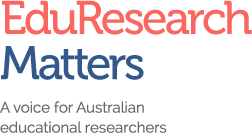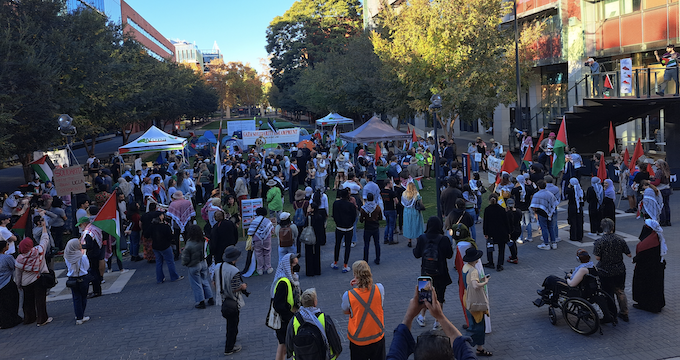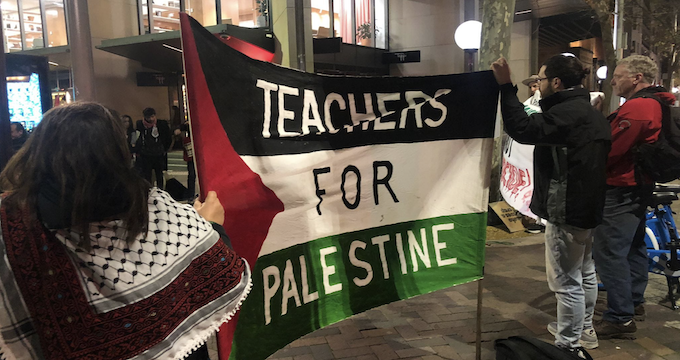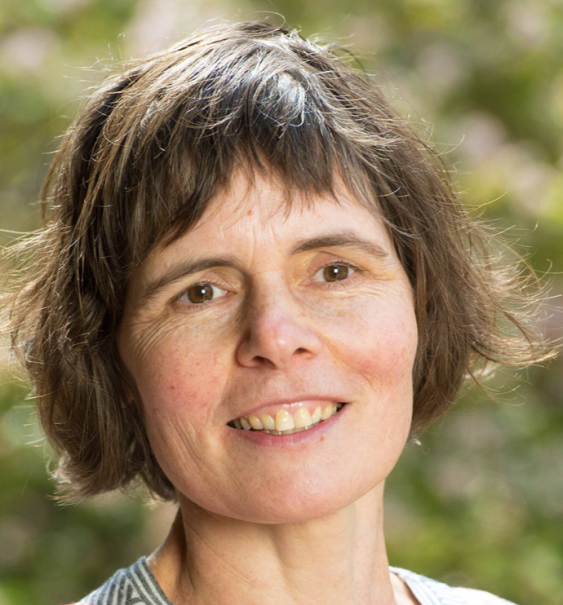In her plan to battle antisemitism, Jillian Segal, the federal government’s special envoy to combat antisemitism, has delivered a recipe for racial discord in schools and universities. It will stifle free speech and undermine superior attempts to combat racism. Segal will have the right to define the offences of antisemitism, the offenders and the punishments and will also shape the re-education of the various parties.
Responses
Prominent progressive Jews and Jewish groups, academics, cultural and political commentators and human rights, Muslim, Palestinian, Indigenous groups highlight the plan’s considerable deficiencies.
These commentators have identified the plan’s partisan definitions and arguments, untrustworthy evidence base and unreasonable and unwarranted policy recommendations. Segal’s claims are seen as excessive, and her proposals as repressive— potentially threatening democracy. If implemented, they believe her plan will undermine free speech, academic freedom and the right to protest.
The Minister for Education, Jason Clare will not be bullied into ‘immediate action’. He is waiting for the report from the Islamophobia envoy (August) and the Australian Human Rights Commission’s review into racism in universities (November).
Bad education, bad youth and a redemptive definition
Teachers, schools, universities and young people are in Segal’s sights. Her focus on education, Segal says, stems from the generational differences between the over and under 35s as to their ‘media consumption’, ‘perceptions of the Middle East and the Jewish community’ and the ‘Holocaust and its impacts on society’.
To Segal, the under 35s are uninformed and misguided. They must be re-educated. Their universities and schools cannot be trusted to do this job because within them, antisemitism is ‘ingrained and normalised’. So, despite her lack of educational expertise, Segal must step into the breach.
She will start by insisting that all educational institutions and systems adopt a particular definition of antisemitism. In its examples, this definition conflates anti-Israel and anti-Zionist sentiments with antisemitism. It has been persuasively discredited because of this dangerous conflation and because of its weaponisation.
But Segal wants to stick with it anyway. Afterall, it allows her to see examples of antisemitism whenever, wherever and however critical views about Israel and Zionism are expressed. It thus stretches her influence, multiplies her opportunities for denouncement and helps deflect wider attention away from Israel’s ever-more appalling treatment of the Palestinian people.
Rescuing universities?
This overzealous envoy expects universities to bow to as suspect definition She wants to
· develop and launch a university report card, assessing each university’s implementation of effective practices and standards to combat antisemitism, including complaints systems and best practice policies, as well as consideration of whether the campus/online environment is conducive to Jewish students and staff participating actively and equally in university life.
· work with government to enable government funding to be withheld, where possible, from universities, programs or individuals within universities that facilitate, enable or
fail to act against antisemitism. …
We argue there are shades of authoritarianism here. Segal wants surveillance over university courses, teachers and researchers. She wants to repress speech and protest. She wants to intensify the current persecution of pro-Palestinian staff and students— those already silenced by many universities. In short, she seeks to purge the university of voices and activities that she regards as illegitimate.
We think Segal also exhibits moral blindness. and fails to acknowledge that Israel’s treatment of the Palestinian people, currently and over time, provides a fertile context for anti-Israel sentiments.
In our view, her compassion appears to be reserved exclusively for those experiencing antisemitism— as defined above. We have seen no ovidence that she shows pity for the fear and pain of others — certainly not for the anguish of the people in Gaza experiencing genocide, ethnic cleansing, starvation. Is she blind to this increasingly recognised ‘moral emergency of our time’?
Saving schools?
The envoy’s proposed Key Actions for schools include working with appropriate authorities to
- embed Holocaust and antisemitism education, with appropriate lesson plans, in national and state school curricula
- provide guidance to government on antisemitism education for educators and public officials
- provide recommendations to government on enhancing education about Jewish history, identity, culture and antisemitism in high school curricula ..
Segal has no expertise in curriculum and pedagogy or in the philosophies and practices of anti-racist education. Those with such expertise are unlikely to welcome her ‘lesson plans’, ‘guidance’ and curriculum ‘enhancement’. They are more likely to see her approach as counter to the best available programmes and practices and as unaware of the composition of current classrooms.
Many classrooms include students from all sorts of cultures, religions and circumstances — some very difficult. Under Segal’s racially hierarchical regime these students would be entitled to ask, ‘What about my family’s and community’s struggles with racism? What about our ‘history, identity, culture’? What about other experiences of genocide?’
Alternative and superior approaches are available and necessary—including critical racial literacy alongside anti-racist, decolonial methods. These recognise that racism may be experienced differently by different groups. But they do not prioritise one racially subjugated group over another or pit racially subjugated groups against each other. Rather they adopt ‘systemic, intersectional, strengths-based, and coordinated action’ as the National Anti-Racism Framework explains.
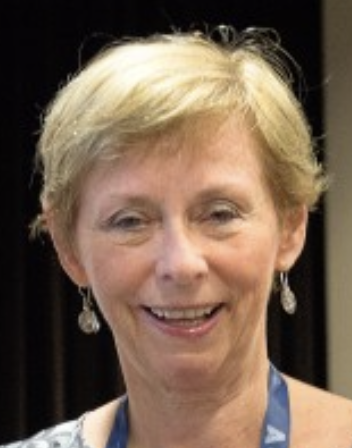
Jane Kenway is an elected Fellow of the Academy of Social Sciences, Australia, Emeritus Professor at Monash University and Professorial Fellow at the University of Melbourne. Her research expertise is in educational sociology.
Main image: Student encampment at Adelaide University – Kaurna Yerta 5 May 2024. Photo: Jack Desbiolles. There is no evidence to say that any of these patterns of censorship occurred during this encampment.

